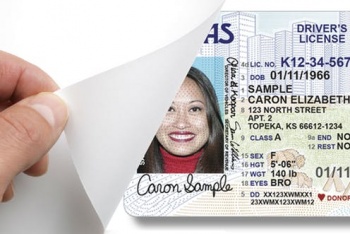Doxxing
Contents
Background
The word doxxing comes from the word “docs” in reference that in many cases it is documented that is released in order to remove anonymity (3). Doxxing initially started around the early 2000s when social media started to become popular and internet users started to post information our themselves online (4). Social media has played a large part in the increasing problem of this issue as well as the increased accessibility to public records. A doxxer uses a small amount of information, such as an email address or part of a name, to trace another online user to other social media accounts and platforms. Once the information is put all together it is leaked online for the public to see, taking away not only the user’s anonymity but the right to their privacy. Anonymity plays a large role in the participation of doxxing. More people feel safe participating in this form of online harassment because they, themselves are protected by anonymity.
Ethical Implications(6)
There are a variety of ways that doxxers get ahold of their victims’ information. No matter how it is looked at, doxxing is a breach of ethics as it forcibly removes online anonymity that society holds dear.
Packet Sniffing
Matching Online Information to Social Media
Metadata
IP Hacking
Examples of Doxxing
Kyle Quinn
Gamergate
Gamergate is a controversy that occurred in August 2014 after Zoe Quinn, a female video game creator, released a video game Depression Quest. She started to receive backlash after her ex-boyfriend posted screenshots of their Facebook messenger conversations stating that Quinn participated in sexual relations with the journalist who reviewed her games raising a question of journalism ethics. The campaign #gamergate started as a result of these suspicions leading to the doxxing and harassment of Quinn. Her life was threatened, and she received threats of rape once her personal information was leaked online (14).
Anonymous
How to Prevent Doxxing(16)
- Be aware and limit the amount of information that you share online. Sharing even small information such as your name, birthday or email address can be used to find other, more identifiable and personal information.
- Never shares identifiable information on public forums or to a stranger.
- Review the privacy settings on your social media and online accounts regularly. Consistently checking your privacy settings allows you to ensure that you are not sharing more information that you do not intend to.
- Use a variety of usernames. Using the same username across many different platforms makes it easier for doxxers to find your information and connect all your accounts together.
- Using a VPN or proxy server to encrypt your data and hide your information from hackers.

